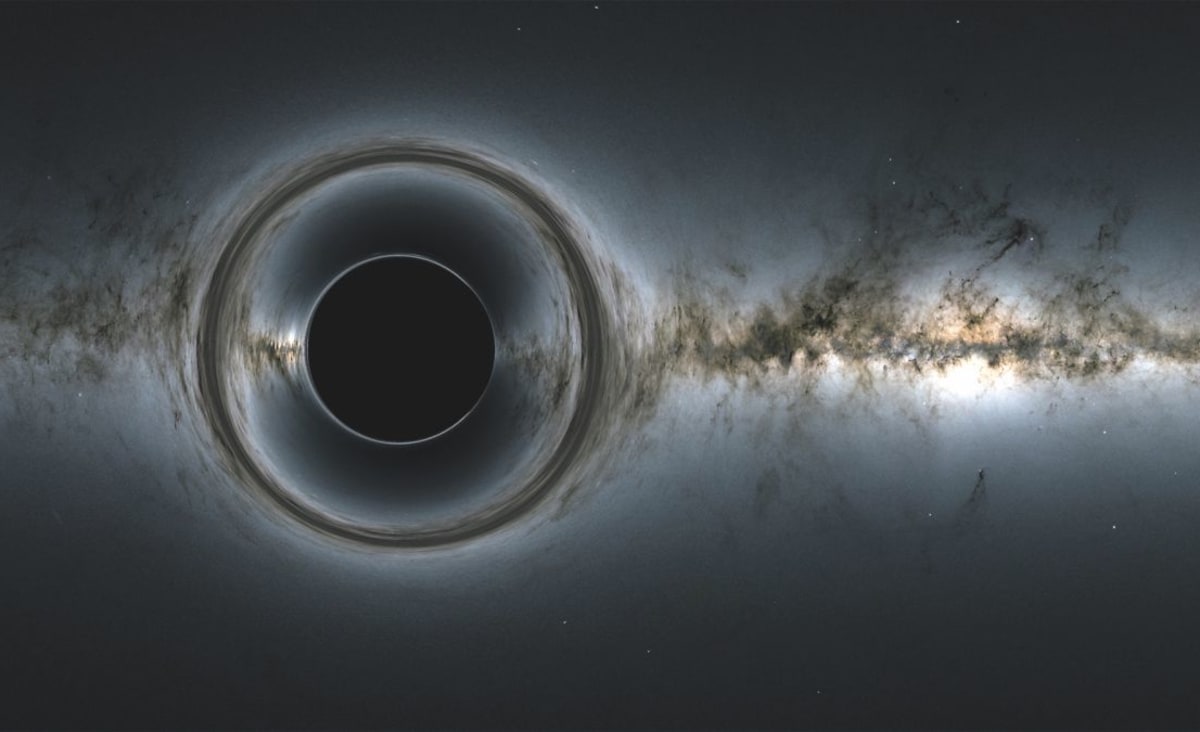
www.space.com
Can we solve the black hole information paradox with 'photon spheres'?
Theories that attempt to resolve the so-called black hole information paradox predict that black holes are much more complicated than general relativity suggests.
Science & Tech
Are black holes as simple as they appear, or is there more to their story?
Theories that attempt to resolve the so-called black hole information paradox predict that black holes are much more complicated than general relativity suggests. Future observations of photon spheres — swirling bands of light around the edges of black holes — will be able to test these theories.
The information paradox
According to Albert Einstein's theory of general relativity, black holes are surprisingly simple. If you know the mass, charge and spin of a black hole, you know everything there is to know about it. In fact, black holes are some of the simplest and most straightforward characters in the universe.
But that apparent simplicity gives rise to a troubling paradox. In the 1970s, famed astrophysicist Stephen Hawking realized that black holes aren't completely black. Instead, they emit radiation through a subtle quantum mechanical process operating at their event horizons, or the boundaries of black holes where nothing, not even light, can escape.
Because black holes are so simple and can be described with only three numbers, all the information about the material that falls into black holes is seemingly locked away forever. It doesn't matter if you build a black hole out of dead stars and interstellar dust or a black hole out of cats; as long as those two black holes have the same spin, mass and charge, they will be identical.
In Hawking's original formulation of his radiation process, that radiation carried no information away with it. But as the black hole emits radiation, it evaporates, eventually disappearing altogether — hence the so-called black hole information paradox. If a bunch of information falls into a black hole, and information can't be destroyed, then when the black hole disappears, where does all the information go?
























































